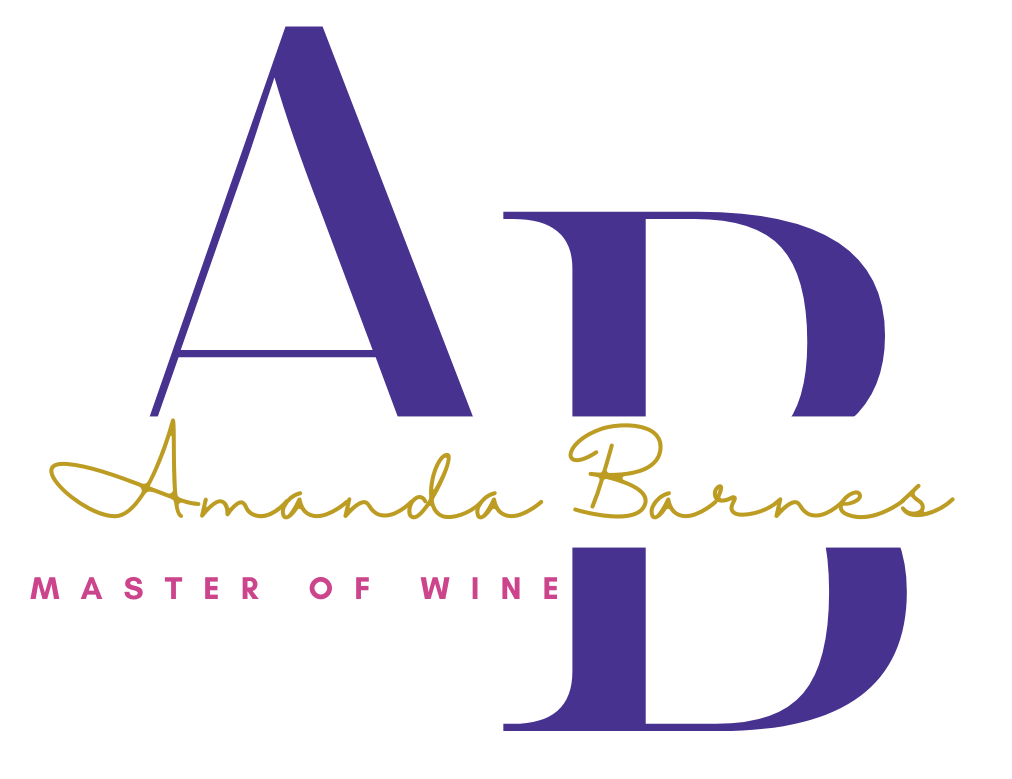Lebanese wine has been on the radar for some time, but it’s only recently that the reputation of this ancient viticultural region has evolved beyond Chateau Musar.
One of the oldest wine-producing countries in the world, with records traceable to 7000 B.C., Lebanon‘s rich history features the Phoenicians and Romans as well as claims that Qana (Cana) in the south of the country is where Jesus miraculously turned water into wine. Under the Ottoman Empire (1299–1922), winemaking was restricted to church use only and viticulture languished until Catholic priests of the Jesuit order replanted vines in 1857.
In the late 20th century, the Lebanese wine industry was all but killed off by 15 years of civil war. Only the celebrated Chateau Musar continued production amid the fighting and shelling. Its amazing story and acclaimed wines have traveled far, but it is the rapid growth of wine production in the past 10 years – when the number of Lebanese wineries has grown from five to 40 – that is changing the country’s vinous reputation.
Predominantly made from red Bordeaux varieties, the wines are recognizable in name but not in taste. And it’s that individuality in terms of aroma, flavor and texture which has given them a boost in the fashion stakes.
“It’s an exotic place, and everything exotic is sexy and interesting in the beginning,” says Faouzi Issa, winemaker at Domaine des Tourelles, which was founded in 1857 by Frenchman François-Eugène Brun. Issa believes that Lebanese winemakers have an advantage in being frequently underestimated. However, he thinks their big challenge will be to ensure that the quality of their wines outlive any temporary glamor attached to being trendy.
Making wine in Lebanon is no mean feat. Landmines may no longer ravage vineyards, but the industry’s survival in one of the political hotspots of the Middle East is a small miracle, given the country’s recent past and its religious tensions. “The fact that wine is being made at all there – where you have 16 different faiths, some of which are against wine – makes it interesting,” says Tim Atkin, a Master of Wine and wine writer who presented a series of masterclasses on Lebanon at the 2012 London International Wine Fair.

